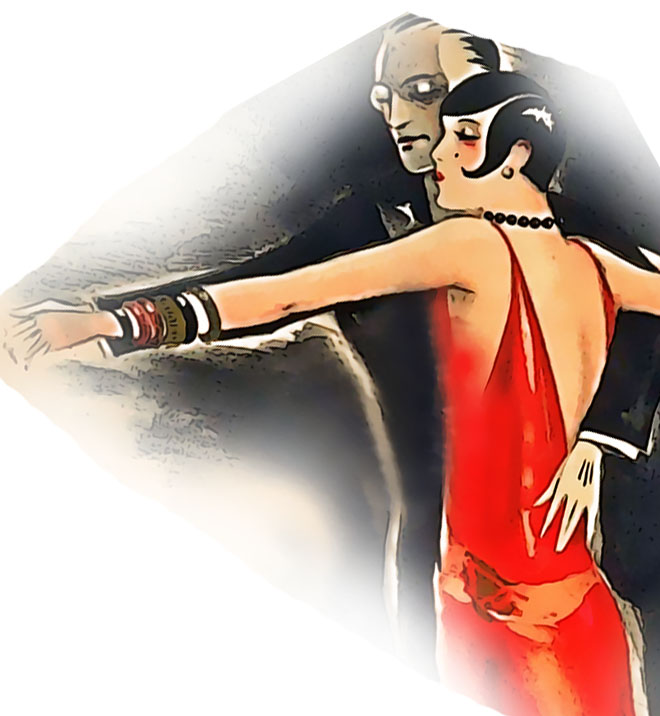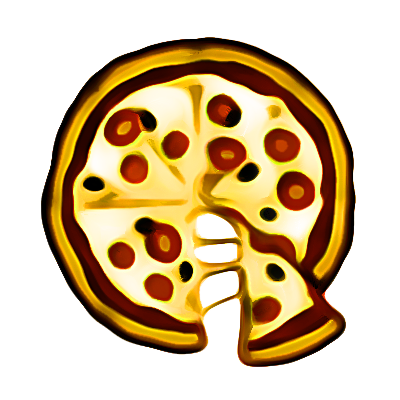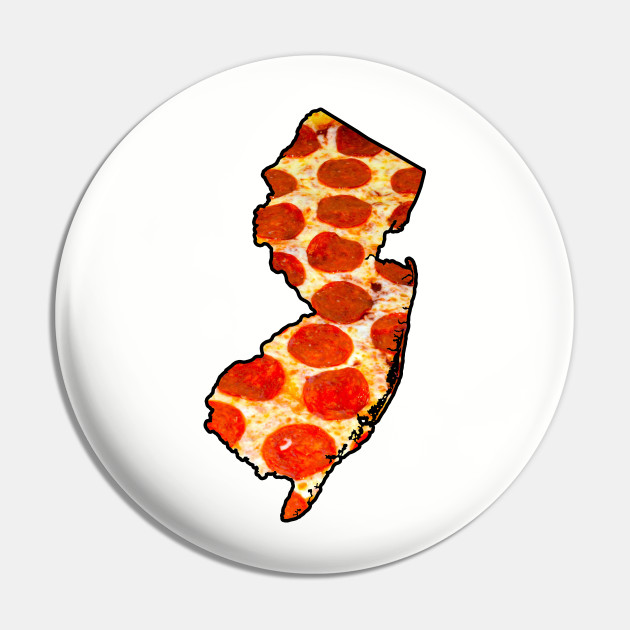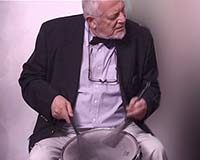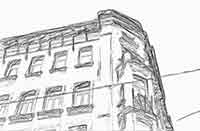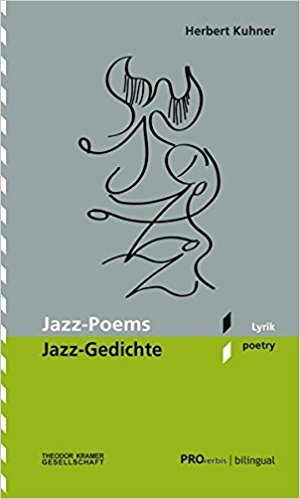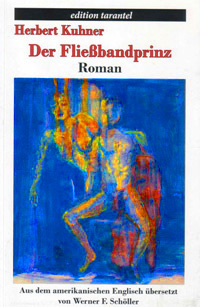Zehn österreichische jüdische Lyrikerinnen
Ten Austrian Jewish Women Poets
Donnerstag 15 Juli – 19 Uhr
Werkl im Goethehof
Schüttaustraße 1-39/6/R02
1220 Wien
Werkl: selbstverwaltete kulturelle Freiräume Schriftführer www.werkl.org mailto:info@werkl.org von der U1-Station Kaisermühlen/VIC 2. Gassenlokal im Goethehof
Gelesen von/Read by
Angelika-Ditha Morosowa
& Herbert Kuhner
* * * * *
Ilse Aichinger
Rose Ausländer
Else Keren
Gertrude Krakauer
Anna Krommer
Selma Meerbaum-Eisinger
Mimi Grossberg
Tamar Radzyner
Stella Rotenberg
Rita Seliger
PROverbis: bilingual, Band 2
Wände …/Walls …
österreichisch-jüdische Lyrik/
Austrian Jewish Poetry
Translated by Herbert Kuhner

WÄNDE…/WALLS… H.Kuhner
The first edition of this collection was published in 1992 by Verlag der Apfel and was promptly sold out.
The collection presented poetry by Austrian Jewish poets at home and abroad and conveyed a retrospective view of the Holocaust, as well as impressions of social and political conditions in Austria in particular and Europe in general.
The collection was termed by Klara Köttner Benigni as “the most important collection published in Austria since the war“.
Konstantin Kaiser of the Theodor Kramer Society commended it as “one of the most interesting poetry anthologies I have encountered.”
Dr. Alexander Giese, Austrian PEN-President wrote: “These authors deserve to be read attentively, very attentively. This is one of the landmarks of Austrian publishing history.”The new edition has been enhanced by new poets and new poetry.
Exillyrik von österreichischen Frauen
Poems by Austrian Exile Women Poets
Deutsch/English
aus DIE WÄNDE STEHEN NOCH
Ein Großteil der Gedichte in dieser Sammlung widerspiegeln Eindrücke aus dem öffentlichen und politischen Leben, und manche stellen eine Verbindung zwischen Vergangenheit und Gegenwart her. Es ist kaum möglich, die Vergangenheit in der Vergangenheit zu belassen, weil diese immer allgegenwärtig ist. Die Regenbogen-Revisionisten versichern tagtäglich in ihren Blättern, dass wir sie in Erinnerung behalten. Deren Meinungsspektrum reicht von einer Verharmlosung der Barbarei des Dritten Reiches bis zur Verleugnung von Auschwitz als Todesfabrik.
Im Zusammenhang mit der Shoah kann es nur Fragen geben, nicht jedoch eine Antwort. Erlebnisse und Verzweiflung aber können sehr wohl festgehalten werden. Vielleicht lässt sich doch durch die Sprache das Unaussprechliche aussprechen – die vorliegende Lyrik legt dafür Zeugnis ab. Jetzt sind diese Gedichte unterwegs.
from THE WALLS ARE STILL STANDING
Many of the poems in our collection reflect the past as it relates to the present. It is impossible to leave the past behind since it is omnipresent. Just to make sure it isn’t forgotten, racism and revisionism are dished out on a daily basis by the yellow sheet press. The spectrum ranges from trying to minimize the criminal barbarity of the Third Reich to disputing that Auschwitz was a death factory.
There can only be questions and no answer concerning the Shoah. Perhaps that which cannot be said can be best expressed in the unique medium of poetry. Let these poems forge ahead to their destination!
– Herbert Kuhner
* * * * *
Das Deutsche war eben nicht nur die Sprache der Mörder,
sondern auch die der Ermordeten.
– Elazar Benyoëtz
The German language was not only the language of the murderers,
it was also the language of those who were murdered.
– Elazar Benyoëtz
Kunst kann aus Zorn entstehen,
aber es gibt keine Kunst ohne Liebe.
There can be art with anger,
but there cannot be art without love.









 Users Today : 6
Users Today : 6 Users Yesterday : 144
Users Yesterday : 144 This Month : 2403
This Month : 2403 This Year : 22687
This Year : 22687 Total Users : 180782
Total Users : 180782 Views Today : 6
Views Today : 6 Total views : 1874894
Total views : 1874894 Who's Online : 2
Who's Online : 2